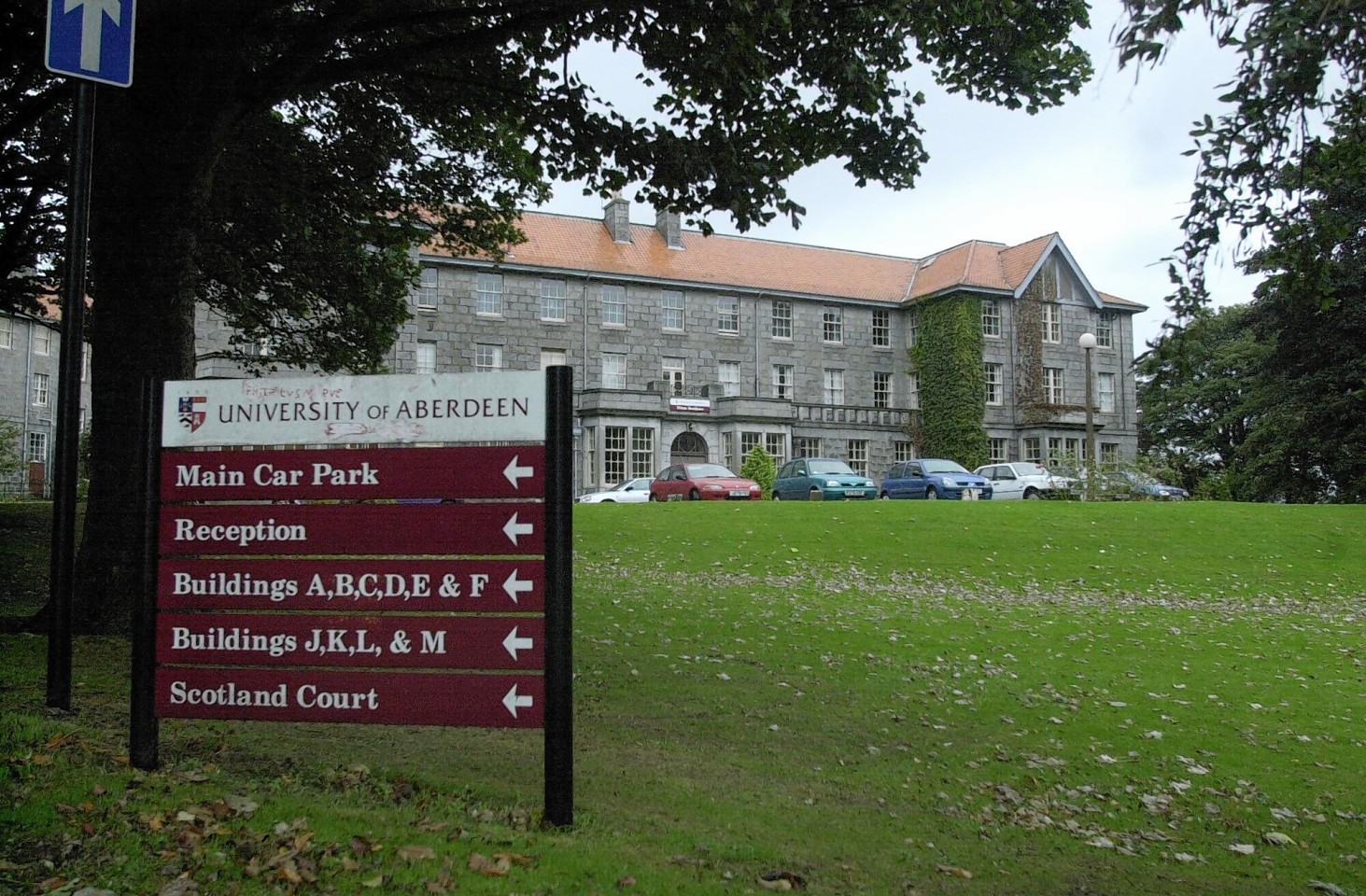A half-century of motherhood in the north-east is helping academics examine whether a person’s experience as a baby has a bearing on illnesses they suffer later in life.
Senior clinical lecturer Dr Steve Turner and Dr Sohinee Bhattacharya – a lecturer in obstetric epidemiology – are both based at Aberdeen University.
As part of their research, the pair are poring over a treasure trove of data collected from every expectant mother who visited the city’s maternity hospital over the past 50 years.
The Aberdeen Maternity and Neonatal Databank set up by Professor Dugald Baird in 1950 has provided them with huge reserves of information which can be used to investigate how differences in the behaviour of expectant mothers might impact on the unborn child’s life in adulthood.
Dr Bhattacharya, who is based at Aberdeen Maternity Hospital, said: “Here at Aberdeen Maternity Hospital we have been recording information about all births in the hospital for the past 50 years.
“This means we have a databank with information on thousands of pregnancies and births and can use this data to investigate how exposures in utero match up with health outcomes in later life.”
The research will now be the basis of a talk at the university, which has been organised for Monday.
The event will be co-presented by Dr Turner, whose principal area of research looks at why asthma develops in some children but not others.
He added: “The ‘fetal origins’ hypothesis, suggests that the environment we experienced through our mothers, before we were born, determines health in later life.
“The way that this works is not fully understood but seems likely to involve genes getting switched on and off in utero depending on the environment.
“My research tests the ‘fetal origins’ hypothesis and investigates how the size of a fetus and its growth during pregnancy is linked to the risk for developing asthma in childhood and if this is related to the expectant mother’s lifestyle.”
The talk, as part of the university’s free Cafe Med series, will be held at the Suttie Centre on the Foresterhill campus and starts at 6pm.










